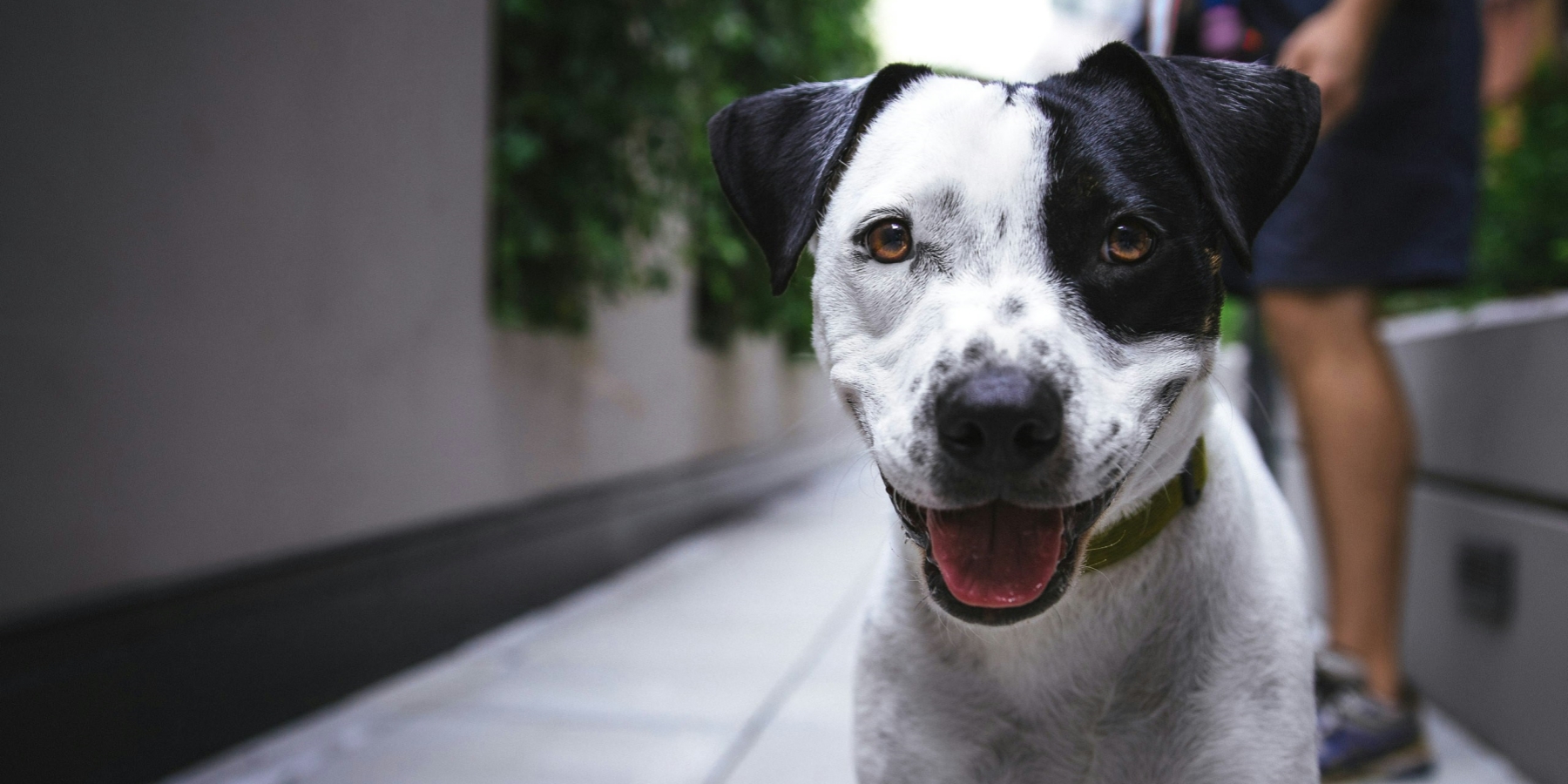Many dog owners have observed their furry companions engaging in the behavior of licking their paws. While it may appear harmless and routine, it prompts the question: is dog licking paws a normal behavior? In this article, we will delve into this common canine behavior to gain a better understanding of its normalcy.
Licking for Cleaning
One of the most common reasons dogs lick their paws is to clean themselves. Licking helps dogs remove dirt, debris, and even minor wounds from their paws. It’s a natural instinct and a crucial part of their grooming routine. Therefore, moderate paw licking for cleaning purposes is generally considered normal.
Relieving Itchiness
Another common reason behind paw licking is itchiness. Dogs may experience itchiness due to various factors such as allergies, insect bites, or skin irritations. When they lick their paws in response to itching, it’s often a way to alleviate discomfort. Occasional paw licking to soothe itchiness is normal, but excessive or persistent licking may indicate an underlying issue that needs attention.
Stress and Anxiety
Stress and anxiety can also trigger excessive paw licking in dogs. When dogs feel anxious or stressed, they may engage in repetitive behaviors like paw licking as a way to self-soothe. In such cases, the licking may become a compulsive habit. While some level of stress is normal for dogs, chronic anxiety-related paw licking should be addressed with the help of a veterinarian or a professional dog behaviorist.
Allergic Reactions
Food or environmental allergies can lead to skin problems in dogs, which in turn may result in paw licking. Allergies can cause itchiness, redness, and irritation on a dog’s skin, prompting them to lick their paws excessively. Identifying and addressing the underlying allergy is crucial to managing this behavior.
Infections and Injuries
In some instances, paw licking may indicate the presence of an infection or injury. Dogs may lick their paws as a response to discomfort or pain caused by a cut, scrape, or infection. Regularly inspecting your dog’s paws for any signs of injury or infection is important to ensure their well-being.
Behavioral Concerns
While paw licking can be normal in many situations, it’s essential to monitor the behavior closely. Excessive, obsessive, or chronic paw licking may be a sign of an underlying behavioral issue or medical problem. Behavioral concerns should be addressed through training and, if necessary, consultation with a professional dog behaviorist.
Conclusion
In conclusion, dog licking paws can be normal behavior under certain circumstances, such as cleaning, relieving itchiness, or occasional stress.
However, it is essential for dog owners to be attentive and differentiate between normal paw licking and excessive, compulsive, or chronic licking. When paw licking becomes problematic or persistent, it may indicate an underlying health issue or behavioral concern that requires intervention.
Regular veterinary check-ups, proper grooming, and a healthy environment can contribute to keeping your dog’s paw licking within a normal range. Always consult with a veterinarian if you have concerns about your dog’s paw-licking behavior to ensure their overall well-being and happiness.
